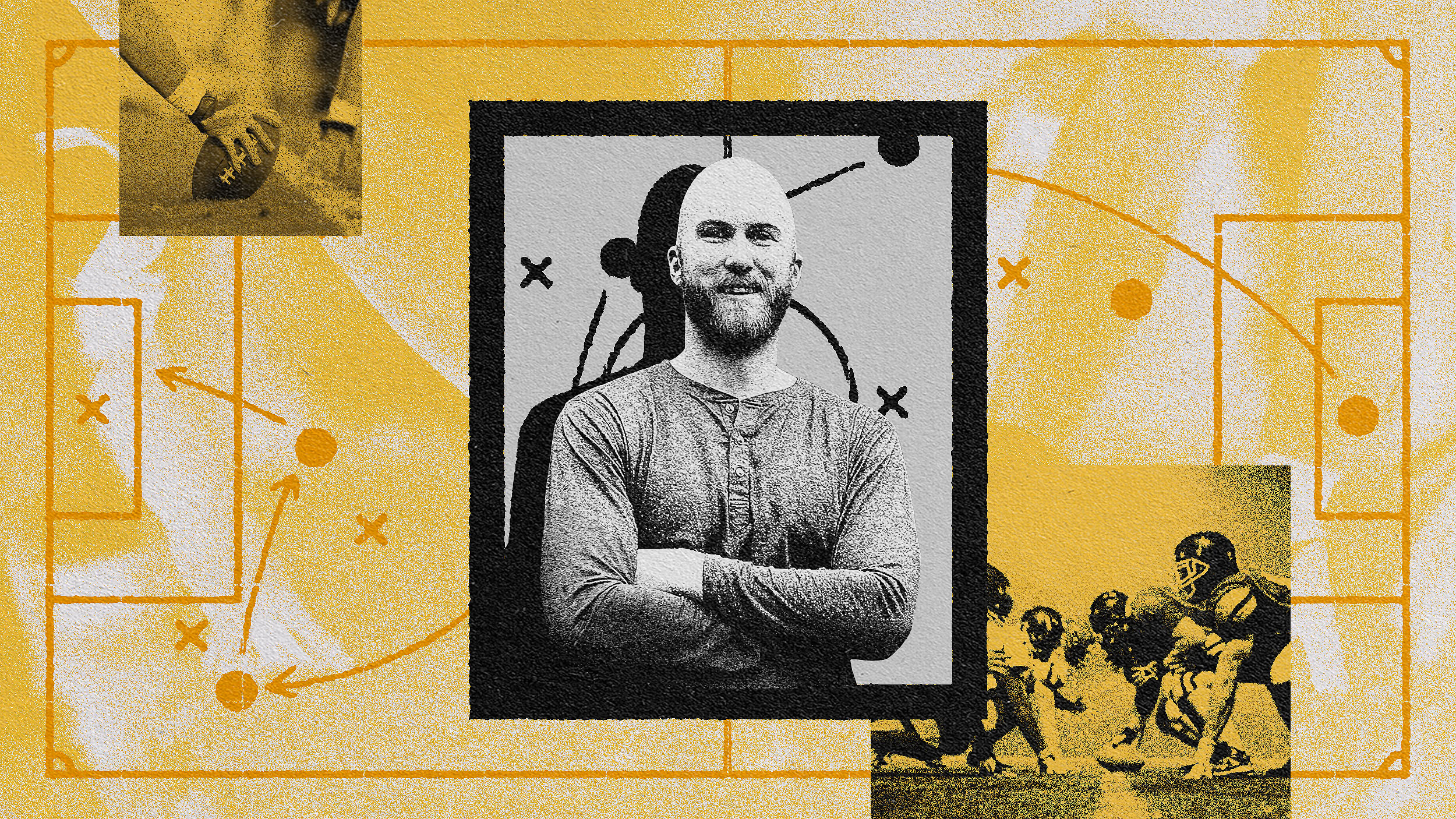NEIL IRWIN: So one of the most fundamental shift that's happened in technology and how big organizations work is that we have more and more data about what we do. And some of that is simple forms. I mentioned-- I work in the media industry, I know how many people read each of my stories, and how long they spent on it, and how they found it.
But I think it applies in a much bigger way. So I found a fascinating example of how data can be used to make a team more effective and make an organization more effective at Microsoft. So this is this big, successful company, and there is a unit on it that makes devices-- so Surface tablets, and Xboxes, things like that. And 700 people in this unit. They had a problem. The problem was this: The survey showed that employees in this business unit were not happy. They had low scores on work-life balance.
And the head of this unit, a guy named Brett Ostrom, was really worried. Because these were hard people to hire, hard people to replace if they were to quit. He was afraid all the success they had had might go out the window if people were so unhappy they started to leave this team.
So he worked with a team at Microsoft that does data analytics and tries to understand people, how they're operating, using big data sources. And what they found was kind of a surprising result. The real reason these people were unhappy was not because they had to make a lot of late night phone calls to Asia because of international supply chains, it wasn't because a few bosses were really mean, or really demanding, or hard-charging. The problem was, across this team, they were spending way too much time in big meetings. They spent an average of 27 hours a week in large meetings. And that meant these workers had no time during the workday to get individual work done.
So we all know how this works. You end up doing bad, and catching up on that work on the evenings, on the weekends. That's why they had low work-life balance. Because they had these analytical tools of crunching millions of emails, calendar entries, things like that, they were able to discern this information that has allowed this team to be more effective, and data was the reason.
Essentially, you can use data to be your own career coach. I think the key is understanding what are the real metrics that matter in your organization, your line of work, and being just an avid student of them, understanding the moving pieces, understanding what correlates with what. Often, bigger companies will have people who can help you understand this within an organization. But I think being an avid consumer of the information available to you is the real key to taking advantage of the resources that larger companies have to offer.
There is a risk, if you focus too much on data and analytics, that you could get in your own head and be too focused on the numbers rather than the underlying performance of whatever you're trying to do, whether that's sales, or product development, or whatever it might be. But I think the key is when you use these tools over and over again, it's not so much about overthinking everything you do, it becomes about an underlying way of thinking, an underlying baseline for understanding the world around you and what's likely to create good results in your field. Look, data alone isn't insight. You can't just look at numbers and decide everything you're going to do based only on numbers. There's an art to interpreting those numbers. And you really have to apply the logic that you can understand from the world around you to make sure those numbers are not leading you in a bad direction. So for example, in my own industry, in the media business, if everybody just tried to write the stories that would get the most traffic, we might get more traffic and more clicks, but we wouldn't necessarily be building a more successful organization because there'd be a lot of trashy, silly, frivolous things that people don't want to pay for a subscription to. And I think there's the equivalent of that in a lot of fields, where you want to solve for the broader sense of both individual career success and organizational strategic success, and understand that indicators are only that. They are not the whole truth, they are one piece of the pie in one piece of evidence that can point you in the right direction if you use it well.
Neil Irwin is a senior economic correspondent at The New York Times, where he was a founding member of The Upshot, the Times’s site for analytical journalism. He was previously[…]
Striking a better work-life balance comes down to the numbers.
▸
4 min
—
with
▸
4 min
—
with
Related
Ditch the old brain vs. heart assumptions, and instead think about a heart-led brain.
Eric Olson — CEO and co-founder of Consensus — takes his cues from the university of legendary coaches.
Architect and brand innovator Kevin Ervin Kelley sounds the alarm for workplace culture — and argues for a “big bang” collision of forms and shapes.
The former Nintendo president has become synonymous with the backlash against layoffs — because, like a great leader, he focused on lifting people.
When all your teammates fall for “the emperor’s new clothes,” the results can be disastrous — here’s how to bust the groupthink.





